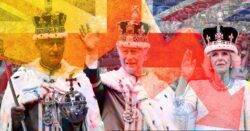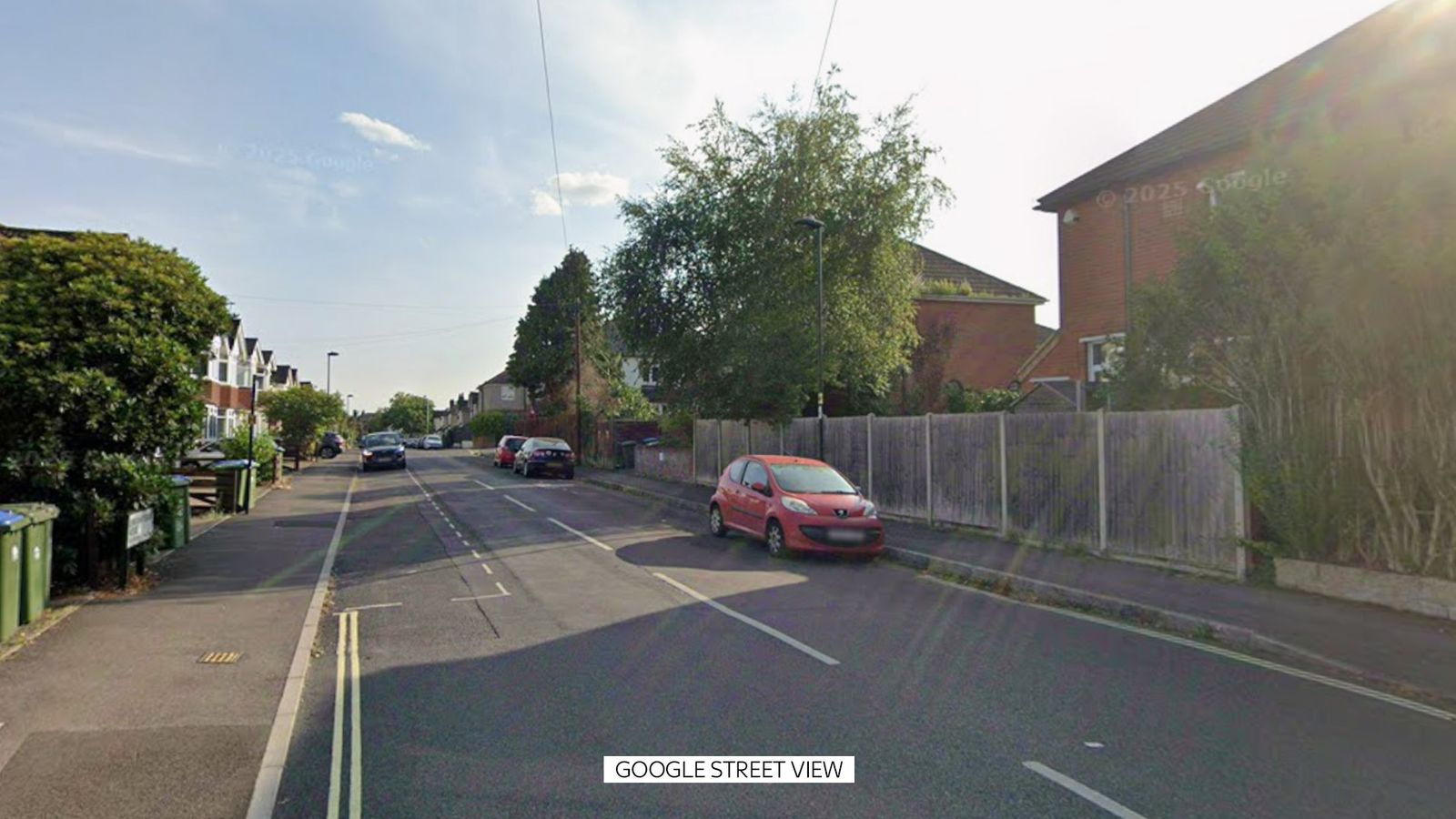Gross Domestic Product (GDP) declined by 0.1% in May because a working day was lost (Picture: Reuters/Getty Images)
The UK economy contracted during King Charles’s coronation because of the extra bank holiday weekend, official figures show.
Gross domestic product (GDP) declined by 0.1% for the month, after increasing by 0.2% in April, the Office for National Statistics confirmed.
Sections of the economy like construction and finance lost a working day in the month due to the celebrations.
Analysts at Deutsche Bank thought the economy would contract slightly more at 0.3%, while Investec Economics predicted a 0.5% slump.
However the economy was boosted in April, as people spent more time in pubs, bars and restaurants.
But the accommodation and food services sector part of the economy fell in May by 0.9% after a 2.1% bounce in April.
The rainy weather during the early May bank holiday weekend led more people to stay at home, but some hotels, pubs and restaurants confirmed a boost.
Job vacancies continued to fall in May and there was a 3.5% drop in employment activities, with signs there was less demand for recruitment services.
Despite the celebrations the long bank holiday weekend had a knock-on effect on the economy (Picture: Getty Images)
There was no growth for the services sector as a whole but falls for hospitality, employment and retail were offset by growth for the health and social work sector, and the arts and entertainment industry.
Darren Morgan from the ONS said: ‘GDP fell slightly as manufacturing, energy generation and construction all fell back, with some industries impacted by one fewer working day than normal.
‘Meanwhile, despite the coronation bank holiday, pubs and bars saw sales fall after a strong April. Employment agencies also saw another poor month.
‘However, services were flat overall with health recovering, with less impact from strikes than in the previous month, and IT also had a strong month.’
According to the statistics body, the economy would need to contract by 0.1% in June for there to be overall decline across the second quarter.
The UK’s economy continues to struggle as inflation hits new highs (Picture: PA)
If GDP rises by 0.3% in June, then the economy will have grown over the quarter.
Chancellor Jeremy Hunt said: ‘While an extra bank holiday had an impact on growth in May, high inflation remains a drag anchor on economic growth.
‘The best way to get growth going again and ease the pressure on families is to bring inflation down as quickly as possible. Our plan will work, but we must stick to it.’
Average regular wages, not including bonuses, jumped 7.3% higher in the three months to May compared with the same period last year.
It matched the revised record-high level hit in the previous three months and was the joint highest since records began in 2001.
This indicates people have sought pay rises to help with the higher cost of living, as annual inflation hit 8.7% in May.
Get in touch with our news team by emailing us at [email protected].
For more stories like this, check our news page.
Gross domestic product (GDP) declined by 0.1% for the month.





